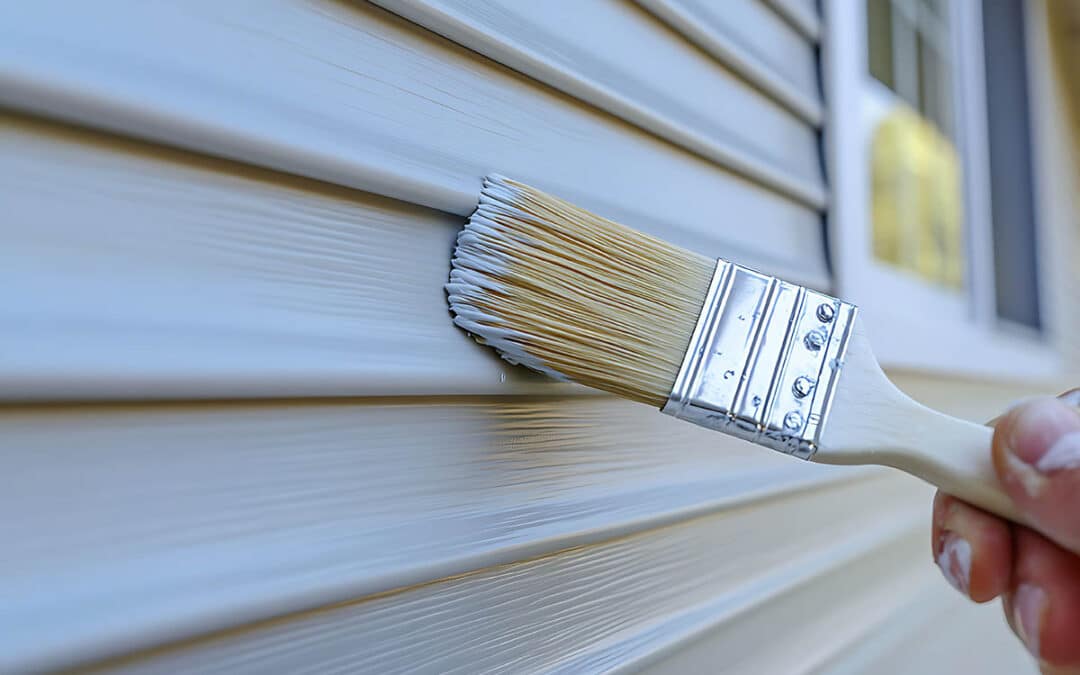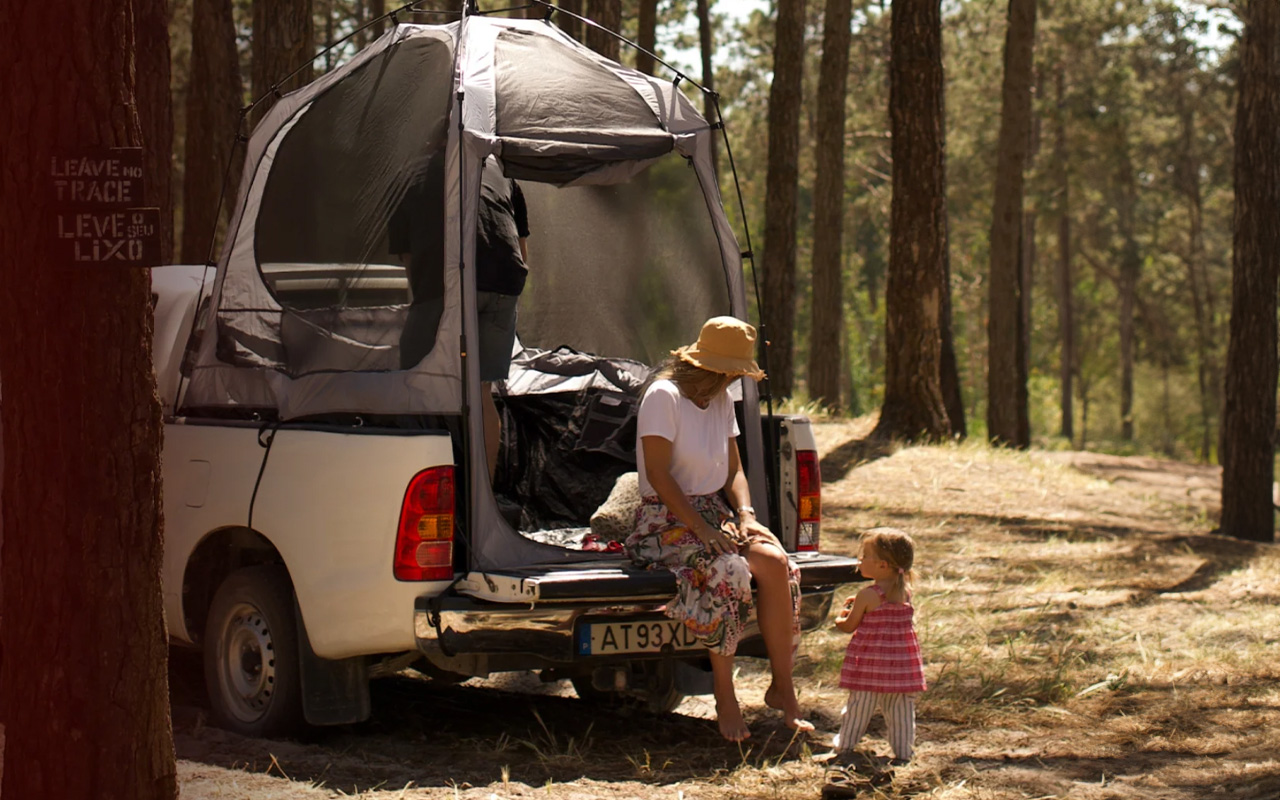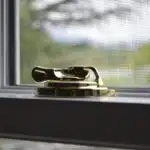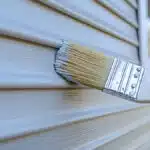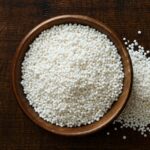Every June 28 we celebrate House Paint Touch-Up Day. This unique holiday is all about keeping your home looking beautiful by fixing peeling paint and touching up areas where paint has chipped away. We’ve included fun facts about paint and the origins of paint too.
Touch up chipped or peeling exterior paint
It’s House Paint Touch-Up Day, the perfect reminder to check for chipped siding, peeling trim, and fading color. Gaps, knots, and cracks in your siding can let moisture in leading to rot, mold, and peeling paint. Use exterior-grade caulk to seal them before you repaint.
History of House Paint Touch-Up Day
The first paints were simple mixtures made from natural materials. Ancient Egyptians and Greeks used pigments from clay, minerals, and plants mixed with water, egg whites, or animal fats. Just picture those early craftsmen grinding ochre and mixing it with whatever binders they could find. These primitive paints served their purpose, protecting wood and stone while adding color to otherwise drab surfaces.
From those early natural concoctions, paint-making began to evolve into a more sophisticated craft. Linseed oil became a popular binder in Europe during the Middle Ages, creating more durable finishes. But paint evolution didn’t stop there. The Industrial Revolution brought mass production and new chemical innovations that transformed house paint forever.
Today, our homes are protected by advanced latex and acrylic formulations that resist fading, cracking, and peeling far better than anything our ancestors could imagine. Modern paints feature precise color matching, quick-drying formulas, and specialized coatings for every surface and climate condition. Our touch-up jobs are made easier thanks to consistent manufacturing and improved durability. So take time to appreciate the centuries of innovation that led to the long-lasting, beautiful finishes we enjoy today.
House Paint Touch-Up Day FAQs
How to touch up paint on outside of the house?
The first step is to identify the areas that need your attention – any areas where the paint is chipped or peeling. Next, clean your surface — scrape off any flaking paint and clean your walls. Before you paint, don’t forget to add a layer of primer.
Can you paint over old exterior paint?
You can definitely paint over old paint, but only if it’s not flaking or peeling off. You need a solid base for your new paint to adhere to, else it won’t last. You can test your old paint by cutting an X into it and putting a piece of sticky tape over it, if the paint comes off with the tape then don’t paint over it.
How do you touch up paint without it showing?
The best way to avoid patchy touch-ups is to color match as best as you can. If you don’t know exactly what shade you paint is, try using a color matching app or speaking to a paint expert at your local hardware store.The other thing to try and avoid visible touch-ups is to apply the paint the same way as the original, i.e. with a roller or brush.
House Paint Touch-Up Day Activities
Clean your exterior walls
Before you do any painting, you need to clean your walls. A rinse with a pressure-washer or hose is your best option. This will get rid of any peeling paint or highlight chipped paint. It's also important to start with a clean base.
Get all your supplies
Even if you're not actually going to paint today, it doesn't mean you can't start preparing. You can head to your hardware store and get your supplies. You'll need paint, paint brushes, and some dropcloth.
Check the weather
Painting when it's raining is counterproductive, so be sure to check the weather before you start painting. Choose a sunny but not too hot day – you'll be outside so you don't want it to be sweltering but you do want the sun to help the paint dry quicker.
Interesting Paint Colors
Vantablack
Invented by Surrey NanoSystems in 2014, this paint absorbs 99.965% of visible light — it's one of the blackest black.
Mummy Brown
Also known as Egyptian brown, this pigment was made by mixing mummies with white pitch and myrrh and was popular in the 18th and 19th century.
Tyrian Purple
Used in Ancient Greece and Rome, this was a very rare pigment that required almost 12,000 Murex snails to make one gram of dye — its rarity meant it was exclusive to royalty, which is why we associate purple with royalty today.
Scheele's Green
Invented in 1775 by Carl Wilhelm Scheele, it was a vivid green color that's ingredient list included the highly toxic arsenic, which is why it fell out of popularity.
Shocking Pink
This bold and vibrant color was introduced by fashion designer Elsa Schiaparelli in 1937, it was made by mixing magenta with a small amount of white.
Why We Love House Paint Touch-Up Day
It makes your house beautiful
You may be surprised at the effect a simple touch up can have on your house. While not as big a change as repainting, touching-up your house paint really just makes your home look cleaner and well-maintained.
Gets you outside
This may not be as tiring as painting the whole house, but don't be surprised at how much energy this may take. Getting outside and doing a little bit of work is good for your mental health.
It can highlight other maintenance tasks
While you're doing your touch-ups you may notice other areas of your house that need some maintenance. You'll actually be doing an impromptu inspection of your house's exterior. Make a note of any repairs that need to be done in the future.
House Paint Touch-Up Day dates
| Year | Date | Day |
|---|---|---|
| 2026 | June 28 | Sunday |
| 2027 | June 28 | Monday |
| 2028 | June 28 | Wednesday |
| 2029 | June 28 | Thursday |
| 2030 | June 28 | Friday |
